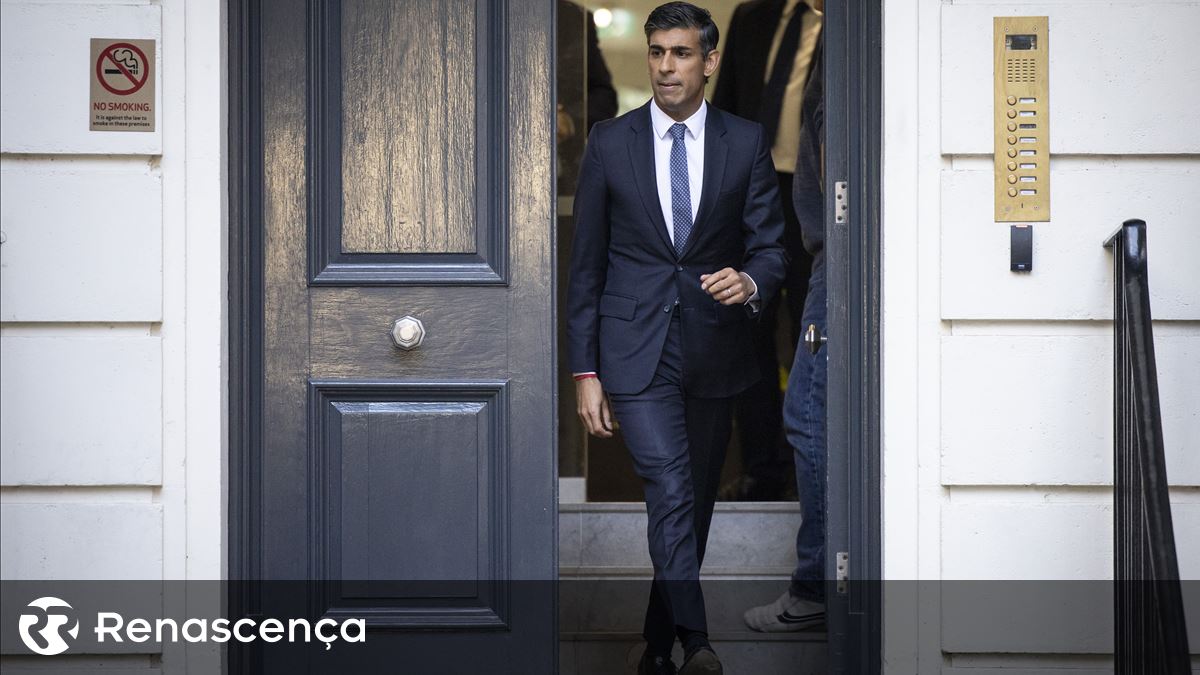numberA joint statement issued at the beginning of the 27th session of the Conference of the Parties in Sharm El Sheikh, Egypt, the United States, the European Union, the United Kingdom, France and Germany announced that they had agreed to the “Investment Plan for an Equitable Energy Transition,” which was finally submitted. week by the South African government.
The statement said the plan estimates financial needs of $98 billion over five years to start the 20-year energy transition in South Africa.
The approval of the Group of International Partners (GPI) countries will release 8.5 billion, announced last year at COP26 in Glasgow.
The GPI statement said the funding would be “disbursed through a variety of mechanisms over a five-year period, including grants, interest-bearing loans, investment vehicles and risk-sharing.”
Since the conclusion of the agreement in principle on “JET-P”, the Partnership for a Just Energy Transition, which has been presented as an example of cooperation to be pursued in combating emissions in developing countries, negotiations have been meticulous for its implementation.
South Africa, for example, has claimed that the loan ratio is too high and the total amount available for national relocation plans is too low.
For its part, GPI emphasized that the funds should have a “leveraging effect” to mobilize private capital, without which the full amounts required would be out of reach.
The purpose is to “accelerate the decarbonization of the South African economy, to help the country achieve its ambitious emissions targets,” the statement said.
The funds mobilized will be directed “toward decommissioning coal-fired power plants, financing alternative jobs in coal mining regions, and investments to facilitate and accelerate the deployment of renewable energies and investments in new sectors of the green economy.”
Africa’s main industrial power depends on coal for 80% of the electricity it consumes. Coal is a mainstay of the country’s economy, employing nearly 100,000 people. As a result, the country is a major source of greenhouse gases, which are responsible for global warming.
South Africa’s electricity company, Eskom, is heavily indebted and unable to produce enough electricity to meet the country’s needs due to aging and poorly maintained plants and facilities. Power outages are constant in the country.
According to the World Bank, South Africa will need at least $500 billion to achieve carbon neutrality by 2050.
Read also: COP27. Kenya calls for recognition of African ‘nightmare’

“Writer. Analyst. Avid travel maven. Devoted twitter guru. Unapologetic pop culture expert. General zombie enthusiast.”


